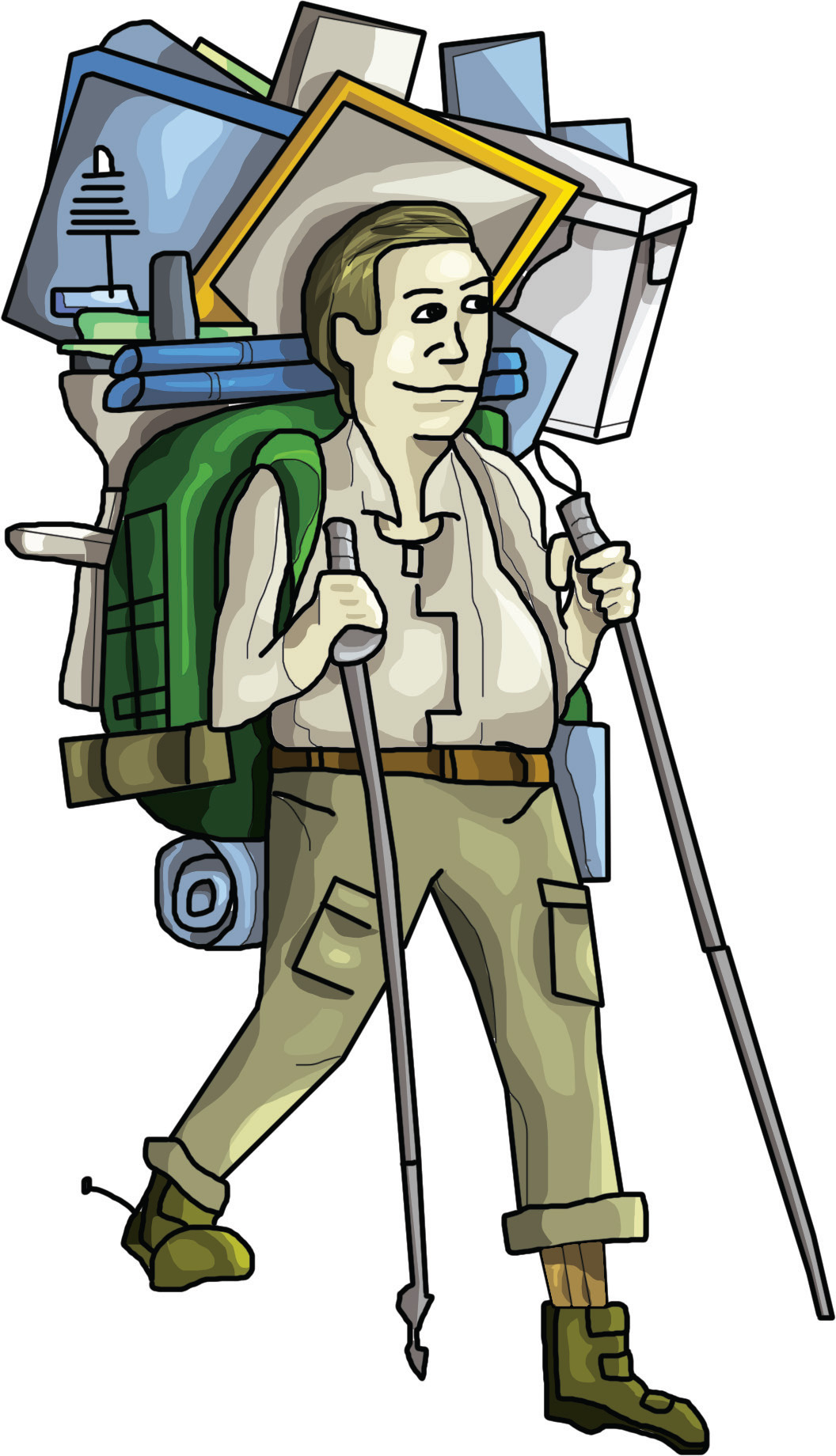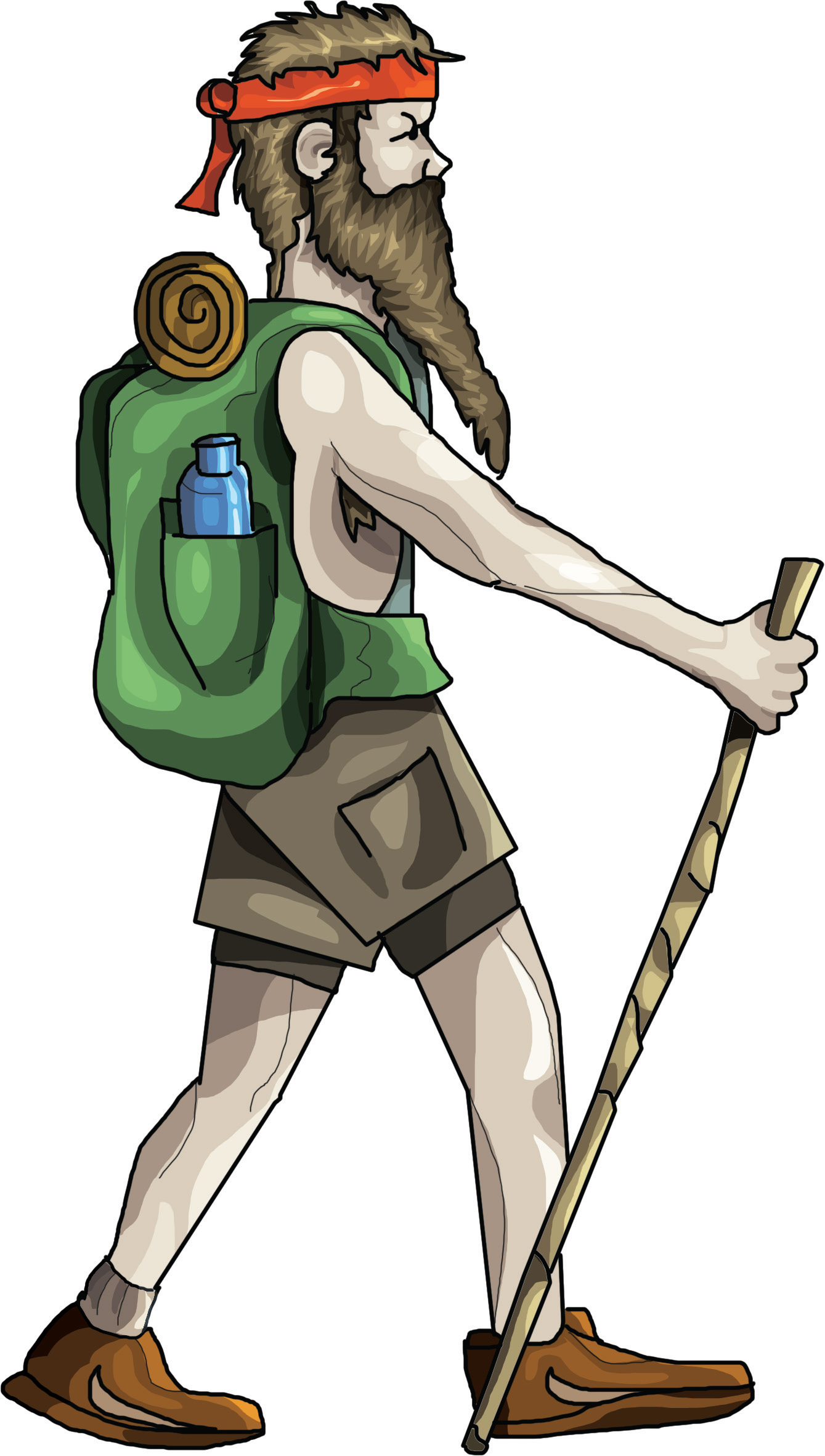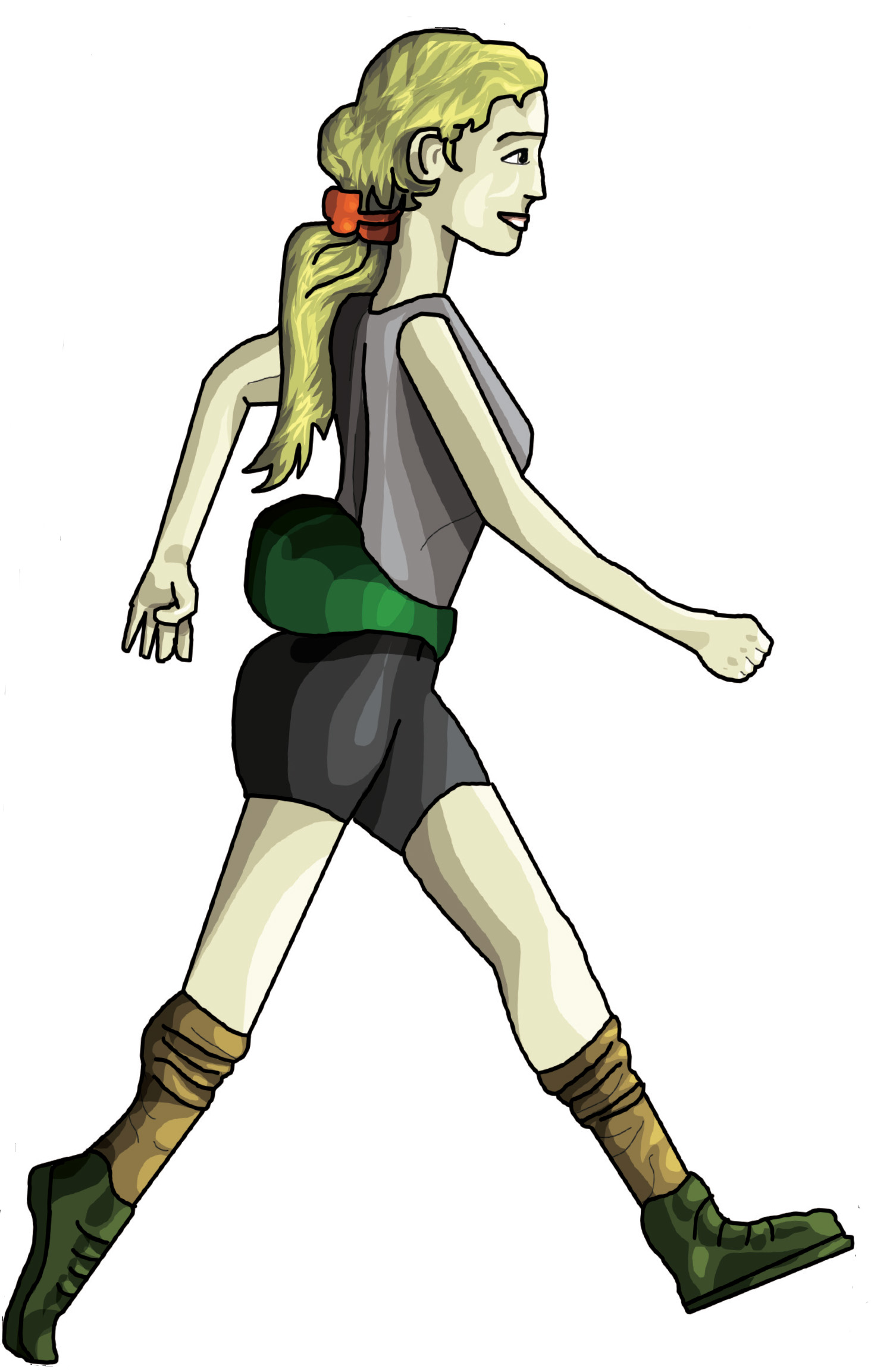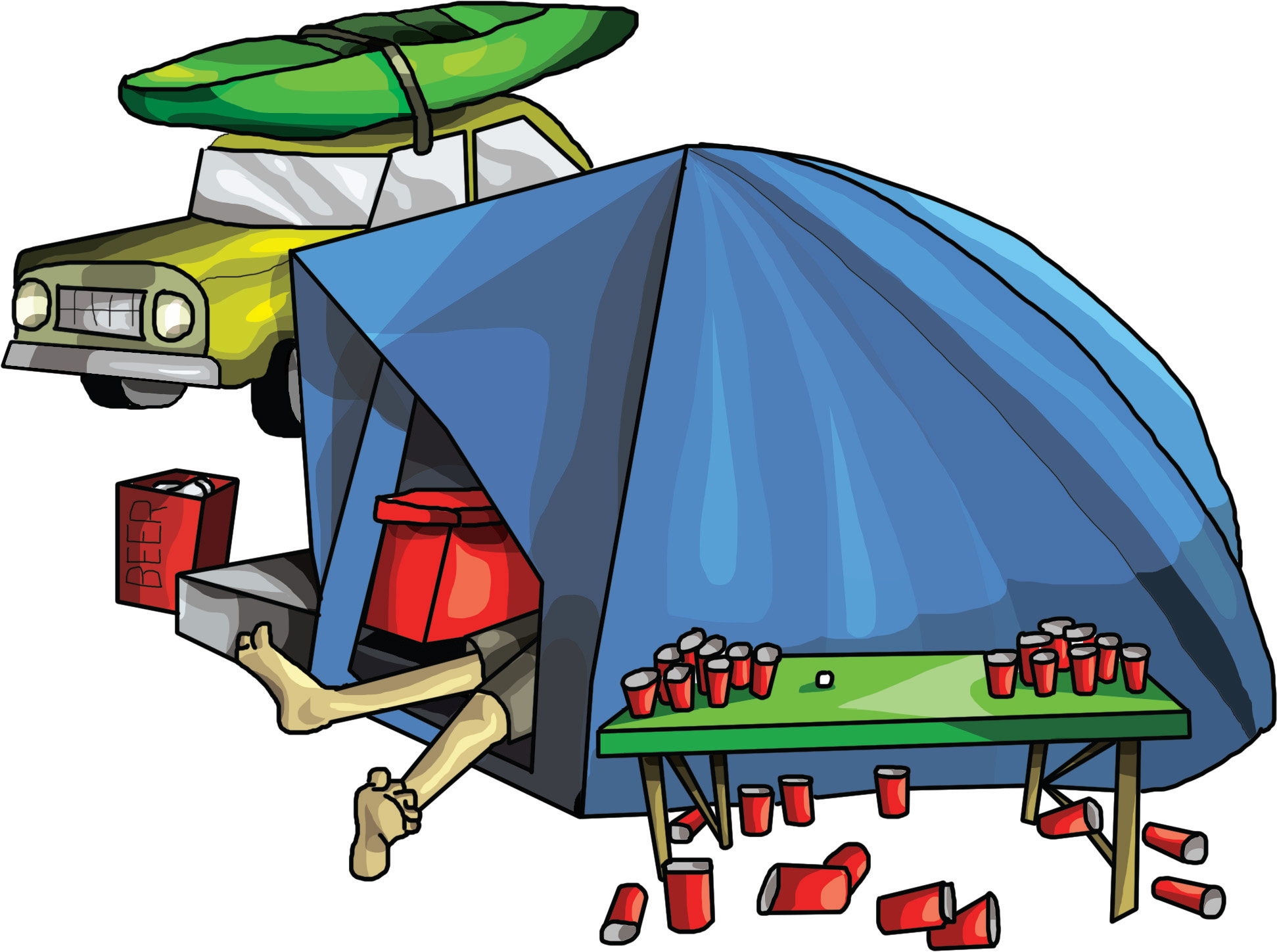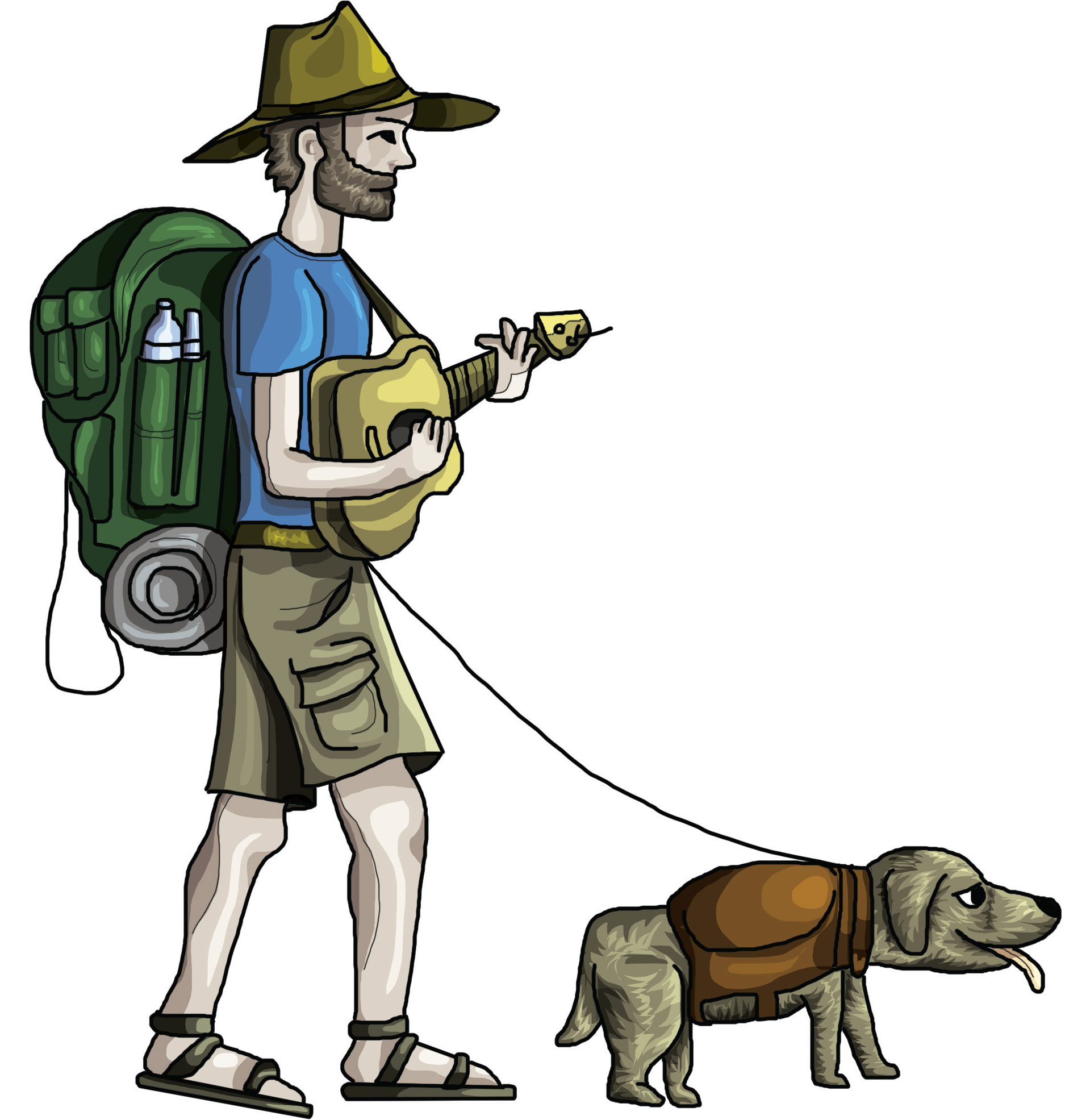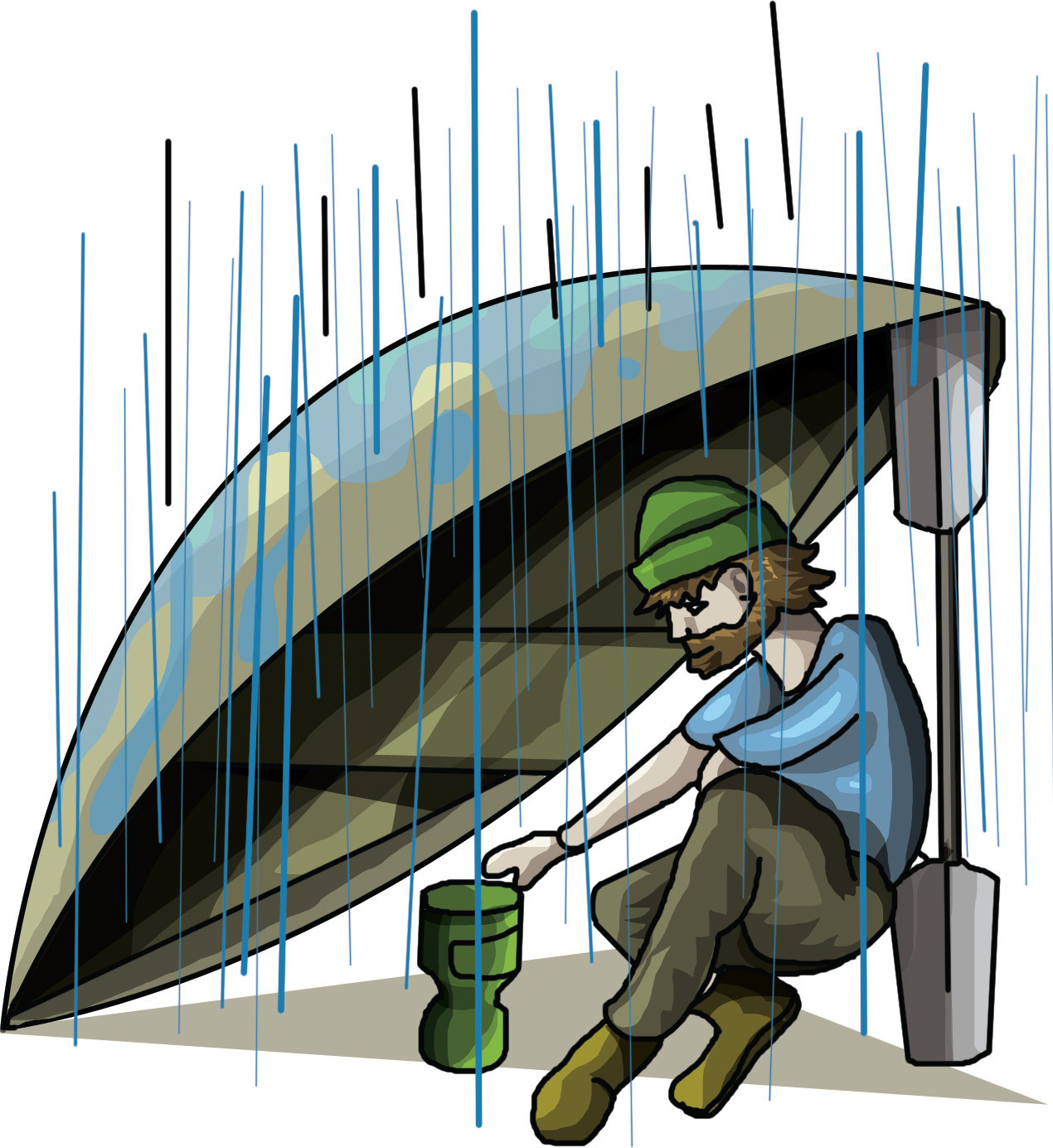What kind of camper are you?
Camping enthusiasts come in all shapes and sizes, and they all have their own style when it comes to braving the elements. We've made the rounds and named the top six camper personality types. Where do you fit on the list?
Autumn is approaching, which for outdoorsy types means it's time to scrounge through the garage in search of the box labeled "Camping stuff." The specifics vary, but it usually contains a Coleman lamp, cookware, ponchos, a massive plastic tarp and an assortment of tent stakes.
Then there's the stuff that doesn't fit in the box: the tent, sleeping bags, foam pads and possibly a griddle. The vintage of this stuff is determined by how it's used-because there are campers, and then there are people who sometimes go camping.
THE WEEKEND WARRIOR
The most inclusive category, weekend warriors comprise campers of all goals and abilities. These folks keep outfitters like REI, Columbia and Patagonia in business-and in turn, those stores send more people into the wild. For most people, "Camping is all about being in the outdoors and being comfortable," says Chris Lecroy, a sales associate at Rock/Creek Outfitters in Chattanooga.
Lecroy says many people start camping to accomplish a goal, like climbing Mt. LeConte or spending a week on the Appalachian Trail. But they get hooked, and it's just a matter of time before they're weighing the merits of the $300 pack. This group likes to ask questions. How many cooking pots does it take to properly heat Beanie Weenies? What's better: one long-sleeve shirt or layering a T-shirt with a light jacket? We'll be gone two nights; should I bring the hatchet?
THE THRU-HIKER
These backpackers tend to pare down their supplies for extended stays in the wilderness. The 2,200-mile Appalachian Trail, which passes through the area on its way from Maine to Georgia, is a prime example. According to Katie Dishman, a Rock/Creek store manager, thru-hikers want to travel as light as possible and restock every three or four days. She says their attitude toward gear is opposite from that of the Weekend Warrior: "They start thinking, 'What can I not take?'" They're still in the market, however, for high-end, long-lasting gear.
THE FASTPACKER
Fastpackers feel the need for speed, sometimes covering up to 30 miles in a day, Dishman says. Moving with a mix of hiking and trail running, they carry the minimum gear necessary to make their trek, which sometimes limits them to well-traveled trails (in case of emergency). While a 25-pound pack is suitable for a more leisurely pace, fastpackers try to max out at 10 pounds. And they aren't afraid to spend a little more to get a little less.
THE STUDENT CAMPER
College students are freeloaders by nature. With all that school, who could expect them to hold a real job to pay for camping equipment? Somehow, though, they still find time to borrow free gear from the campus outdoor center.
Anna Muller, the coordinator of outdoor programming at the University of Tennessee-Chattanooga, says that students have nearly unlimited access to camping necessities. From lightweight two-person tents and sturdy packs for overnighters, to sprawling six-person tents for car camping, UTC provides the tools and training. "We even help show them how to pack a backpack," Muller says.
The rentals don't come with common sense, however. "One tent came back crushed because a boy decided to jump and belly-flop onto it," Muller says. "I've been surprised at how well the students take care of the gear. [But] we did have a group of kids who came back and said they lost a canoe."
THE URBAN BACKPACKER
This migratory breed gets by with just what they can carry on their backs. They live out of their packs and find places to sleep within the city. Though these campers might look homeless, Dishman and her Rock/Creek co-workers swear they still shop in stores-and pay with credit cards.
THE CAMPER-BY-DEFAULT
Sometimes, camping is a means to an end. "Climbers will hike in order to get to the rocks. Paddlers will camp to spend more days on the water," Lecroy says. Similarly, cyclists will pitch tents during two- and three-day epics. These excursions typically call for little more than a base camp. That's where The Crash Pad comes in, for a slightly more luxurious experience. Chattanooga's only downtown hostel, which takes its name from the pad that climbers carry in case of falls, can harbor up to 36 individuals at a time. Though they've had "hardly any climbers so far," says co-owner Dan Rose, they've been at max capacity during almost every major weekend event.
When climbing season starts in the fall, Rose and his partner, Max Poppel, expect The Crash Pad to be a hub for enthusiasts looking for good, clean, cheap accommodations. Because sometimes, camping is just what you do while you're waiting for the sun to rise.
You know your style. Now what?
All types, from the Weekend Warriors to the Urban Backpackers, flock to Chattanooga for the supreme outdoor access. Within an hour's drive from downtown, there are dozens of wilderness areas and campgrounds. Keep in mind that to outdoor enthusiasts, "Chattanooga" spans from Chester Frost Park to the Great Smoky Mountains, from pampered to primitive.
"I went to Woodring Branch Campground at Carters Lake. It definitely wasn't primitive camping, as I slept in our camper with A/C," says Steven Crosby, a graphic design intern at Unum. "Regardless of where I sleep, I always take my North Face mummy bag and MSR WhisperLite stove. This Woodring camp was really nice and small, with a beach and minimal outside lighting. The viewable stars were amazing."
At popular car-camping sites, like Woodring Branch, bathrooms serve as a reminder that civilization (and toilet paper) is never far away. If someone forgets to pack the marshmallows, it's easy to follow the lights to the store.
Further out in the wild, bringing the right supplies is more important. A true overnight backpacking trip requires, at minimum: a backpack (duh), a water bottle and purification system, and a sleeping bag. Beyond that, it's up to individual discretion. Tents offer some protection-but they also act as a barrier to the stars.

